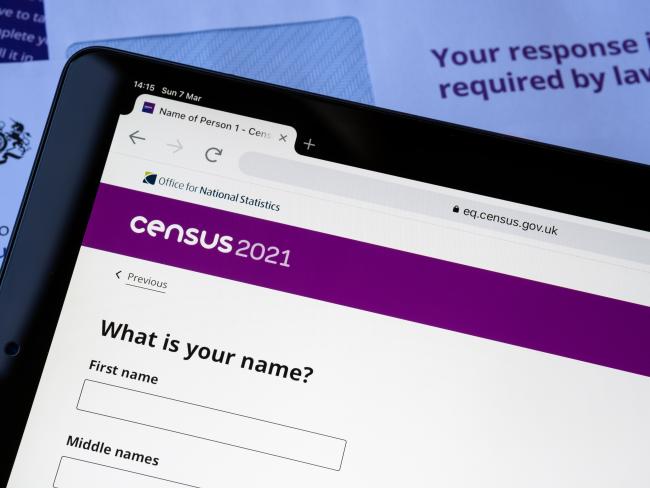The 10-yearly population census is intended to be a valuable source of data for national research and planning. But there are serious questions about the validity of the latest census results.
The 2021 census of England and Wales was the first in the world to ask about gender identity. The proportion of people who identified as transgender and their geographical distribution have raised concerns about accuracy. And that may have negative consequences on the allocation of health resources.
Assumed
The census question was convoluted, “Is the gender you identify with the same as your sex registered at birth?”. And it assumes that everyone believes they have a gender identity.
Professor Michael Biggs of Oxford University says that English is not the first language of about 10 per cent of the adult population, but this group made up 29 per cent of those who answered “no” to the question and are counted as transgender. And adults with no educational qualifications were almost twice as likely as university graduates to answer “no”.
Concerns ignored
In planning the question on transgender in the 2021 census, the Office for National Statistics, which runs the census, deferred to lobby groups when deciding on the question. It ignored concerns raised by Professor Alice Sullivan and others that the question could be misinterpreted by those lacking proficiency in English.
And Kathleen Stock has pointed out that this was a predictable outcome, especially given the limited and partial testing of the census question. She says that the problem is wider than misunderstanding by non-native speakers of English or unreliable data for planning.
‘This use of language creates division in society.’
Stock argues this use of language creates division in society, intended or not. It inhibits debate and discussion. Stock resigned her post as professor of philosophy at Sussex University in 2021 after a campaign against her view opposing gender self-identification.
The Scottish census was delayed until 2022. It included a differently worded question on transgender identity. It has yet to report, but the greater concern for planning in Scotland is the unprecedently low return rate.

